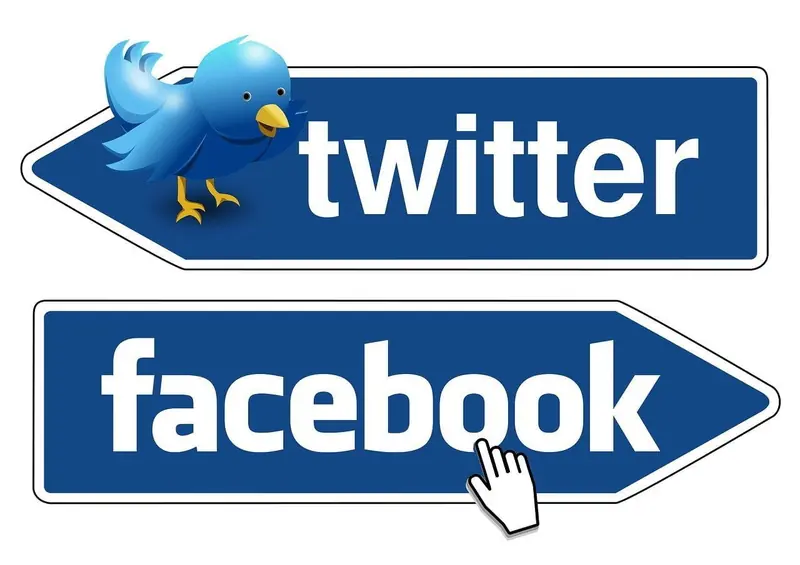
Facebook is often described as a social network that can be detrimental to mental health. This perception is frequently based on the idea that the app fosters feelings of envy towards the lives of others. However, researchers from the University of Oxford now argue that this criticism is a common misconception without any solid foundation.
No Evidence of Mental Harm from Facebook
Experts analyzed data from nearly a million people across 72 countries over a span of 12 years to gain a deeper understanding of Facebook’s impact on well-being. They found no evidence that using this social network is linked to overall mental harm. In fact, using the app may even be beneficial.
This new study contrasts sharply with a large body of previous research and online criticism claiming that Facebook seriously harms mental health. Oxford researchers had previously concluded that social media does not harm teenagers.
 Now, they have conducted the largest study of its kind on the impact of Facebook. Notably, the social network did not commission or fund the research, but it did participate in it.
Now, they have conducted the largest study of its kind on the impact of Facebook. Notably, the social network did not commission or fund the research, but it did participate in it.
According to the study’s author, Professor Andrew Przybylski, they carefully examined the best available data and found no evidence of harm from using the app. In fact, this analysis suggests that Facebook may be associated with positive well-being, although this does not prove its overall benefit for users’ welfare. Rather, the best global data do not support the idea of its negative impact on well-being across different countries and demographic groups.
The new Oxford study focused solely on Facebook’s impact. Therefore, it remains debatable whether the results can be generalized to social media as a whole.
How Does Facebook Actually Affect Users?
During the study, researchers examined well-being data, gathered through surveys, from nearly 947,000 app users across 72 countries over 12 years. This data period spanned from 2008, when Facebook overtook MySpace as the largest social media platform, to 2019.
The researchers looked at active app users among men and women in two age groups—ages 13 to 34 and 35 and older. When analyzing the populations of each country separately, they found no positive correlation between Facebook usage and negative experiences or dissatisfaction with life.
On the contrary, in many cases, there was a positive correlation between app usage and well-being indicators, such as positive life experiences. The results also indicated that this connection was somewhat stronger for men than for women across all metrics. Overall, more positive changes were associated with younger individuals in various countries, and these effects were significant.
 As noted by the Daily Mail, despite popular claims about the harmful effects of social media on well-being, the new study found no evidence to support these assertions. It was the first to cover the widest possible geography while analyzing Facebook usage data alongside reliable well-being data. For this reason, Professor Vuorre argues that we can assert a truly global perspective on the app’s impact on users’ well-being.
As noted by the Daily Mail, despite popular claims about the harmful effects of social media on well-being, the new study found no evidence to support these assertions. It was the first to cover the widest possible geography while analyzing Facebook usage data alongside reliable well-being data. For this reason, Professor Vuorre argues that we can assert a truly global perspective on the app’s impact on users’ well-being.
Negative Findings from Previous Research
The research team points out that negative psychological consequences associated with social media are prevalent in both academic and popular literature. Previous studies have shown a link between Facebook usage and well-being, particularly among children and teenagers.
For instance, a German study from 2013 found that one in three people felt dissatisfied with their lives after visiting the app. Positive images of friends enjoying vacations or commenting on how happy their lives are can evoke feelings of jealousy.
Meanwhile, a 2015 study indicated that children spending more than three hours a day on social media, including Facebook, were twice as likely to suffer from mental health issues. A 2012 study showed that college students felt worse after increasing their time on the app.
The Balance Between Positive and Negative Effects of Facebook
However, not everything is so negative. The new Oxford study is not the first to argue in favor of Facebook. For example, a 2019 study concluded that the app improves mental health for adults over 30, helping to combat both depression and anxiety.
Facebook is known for rekindling relationships with old friends and establishing new connections among people with shared interests. Thus, this social network can be seen as a contrast to its competitor Twitter, which has long been criticized for spreading online hate.
 Researchers warn that there are nearly 50 harmful consequences (not just related to mental health) associated with using social media platforms like Twitter, Instagram, and Facebook.
Researchers warn that there are nearly 50 harmful consequences (not just related to mental health) associated with using social media platforms like Twitter, Instagram, and Facebook.
The research team reviewed over 50 scientific articles published between 2003 and 2018. In 2003, social media was still in its infancy, and Facebook emerged a year later.
Among the 46 harmful effects of social media identified were privacy violations, deception, panic, conflicts with others, and increased financial risks. Overall, social media issues range from problems with physical and mental health to negative impacts on work and academic performance, as well as concerns about safety and privacy.
